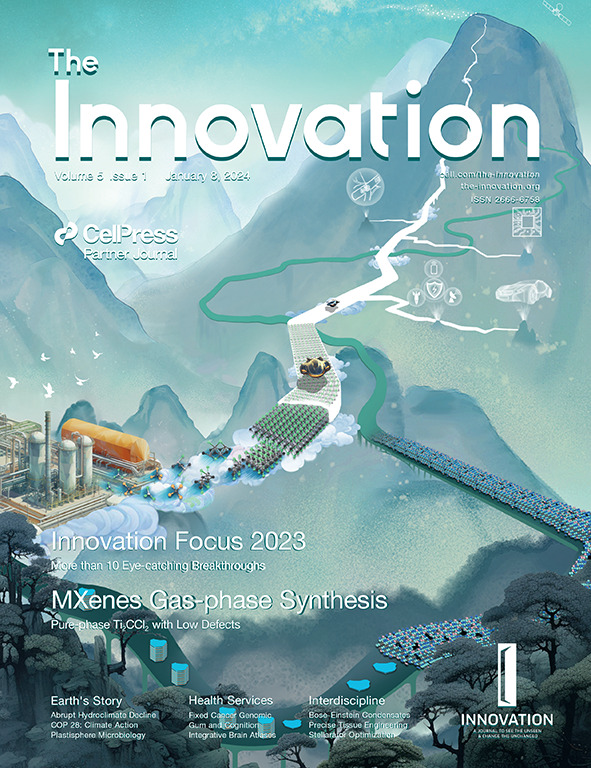为多样化智能系统达成术语共识:呼吁合作
IF 25.7
1区 综合性期刊
Q1 MULTIDISCIPLINARY SCIENCES
引用次数: 0
摘要
语言使用方面的分歧在领域之间和领域内部都很常见。当利益需要多学科合作或研究领域有可能影响整个社会时,尽可能减少这些分歧就变得至关重要。开发多样化的智能系统,无论其基质是什么(如硅还是生物),就是同时满足这两个条件的例子。在开发这些多样化智能系统的技术过程中,已经取得了重大进展。无论是基于硅的进步,如大型语言模型的使用,还是通过合成生物学方法的进步,如有机体的发展,现在都迫切需要一种基于社区的方法来寻求术语上的共识。在此,我们欢迎广大科学界的合作,提出实现这一目标的途径,强调关键术语和相关领域,并建议可能采用的达成共识的方法。本文章由计算机程序翻译,如有差异,请以英文原文为准。
Toward a nomenclature consensus for diverse intelligent systems: Call for collaboration
Disagreements about language use are common both between and within fields. Where interests require multidisciplinary collaboration or the field of research has the potential to impact society at large, it becomes critical to minimize these disagreements where possible. The development of diverse intelligent systems, regardless of the substrate (e.g., silicon vs. biology), is a case where both conditions are met. Significant advancements have occurred in the development of technology progressing toward these diverse intelligence systems. Whether progress is silicon based, such as the use of large language models, or through synthetic biology methods, such as the development of organoids, a clear need for a community-based approach to seeking consensus on nomenclature is now vital. Here, we welcome collaboration from the wider scientific community, proposing a pathway forward to achieving this intention, highlighting key terms and fields of relevance, and suggesting potential consensus-making methods to be applied.
求助全文
通过发布文献求助,成功后即可免费获取论文全文。
去求助
来源期刊

The Innovation
MULTIDISCIPLINARY SCIENCES-
CiteScore
38.30
自引率
1.20%
发文量
134
审稿时长
6 weeks
期刊介绍:
The Innovation is an interdisciplinary journal that aims to promote scientific application. It publishes cutting-edge research and high-quality reviews in various scientific disciplines, including physics, chemistry, materials, nanotechnology, biology, translational medicine, geoscience, and engineering. The journal adheres to the peer review and publishing standards of Cell Press journals.
The Innovation is committed to serving scientists and the public. It aims to publish significant advances promptly and provides a transparent exchange platform. The journal also strives to efficiently promote the translation from scientific discovery to technological achievements and rapidly disseminate scientific findings worldwide.
Indexed in the following databases, The Innovation has visibility in Scopus, Directory of Open Access Journals (DOAJ), Web of Science, Emerging Sources Citation Index (ESCI), PubMed Central, Compendex (previously Ei index), INSPEC, and CABI A&I.
 求助内容:
求助内容: 应助结果提醒方式:
应助结果提醒方式:


